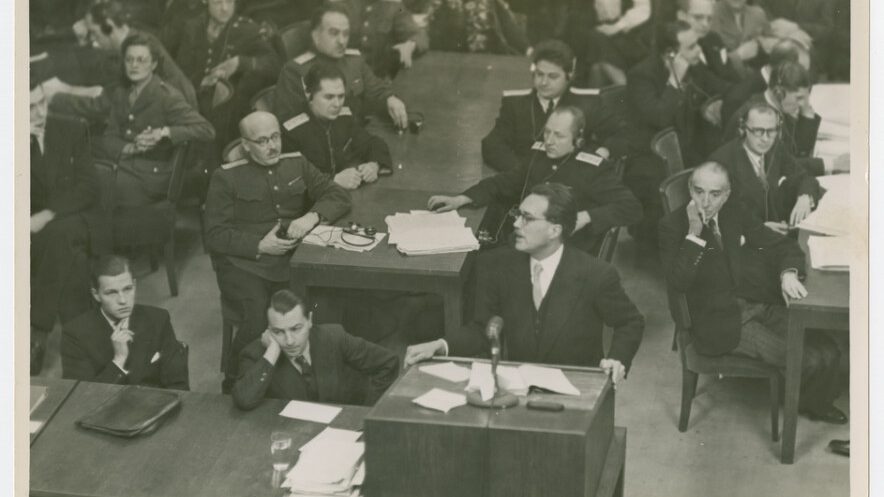The United Nations International Human Rights Day on 10 December commemorates the Universal Declaration of Human Rights (UDHR), adopted in 1948.
The UDHR, established to eschew the atrocities seen throughout the world wars from reoccurring, posits in Article 1, “Disregard and contempt for human rights have resulted in barbarous acts which have outraged the conscience of mankind.”
The Nuremberg trials, held between 1945 and 1946, convicted leading Nazi officials of crimes against peace, war crimes, and crimes against humanity; the aftermath of the Holocaust and the subsequent trials prompted universal consensus on the need to establish appropriate conventions to circumvent future attacks on human rights.
Let’s explore some of the articles from the UDHR and their importance for humanity on a global scale.
Article 17: The right to property
“Everyone has the right to own property alone as well as in association with others.
No one shall be arbitrarily deprived of his property.”
When the Nazis seized power in 1933, the process of ‘Aryanisation’ began. Jews were pressured to transfer their businesses into non-Jewish ownership, selling at a fraction of their value. The deprivation of Jews of their income and homes led to many Jews applying to emigrate to other countries. This became more urgent after Kristallnacht, when Jews were no longer legally able to own property.




